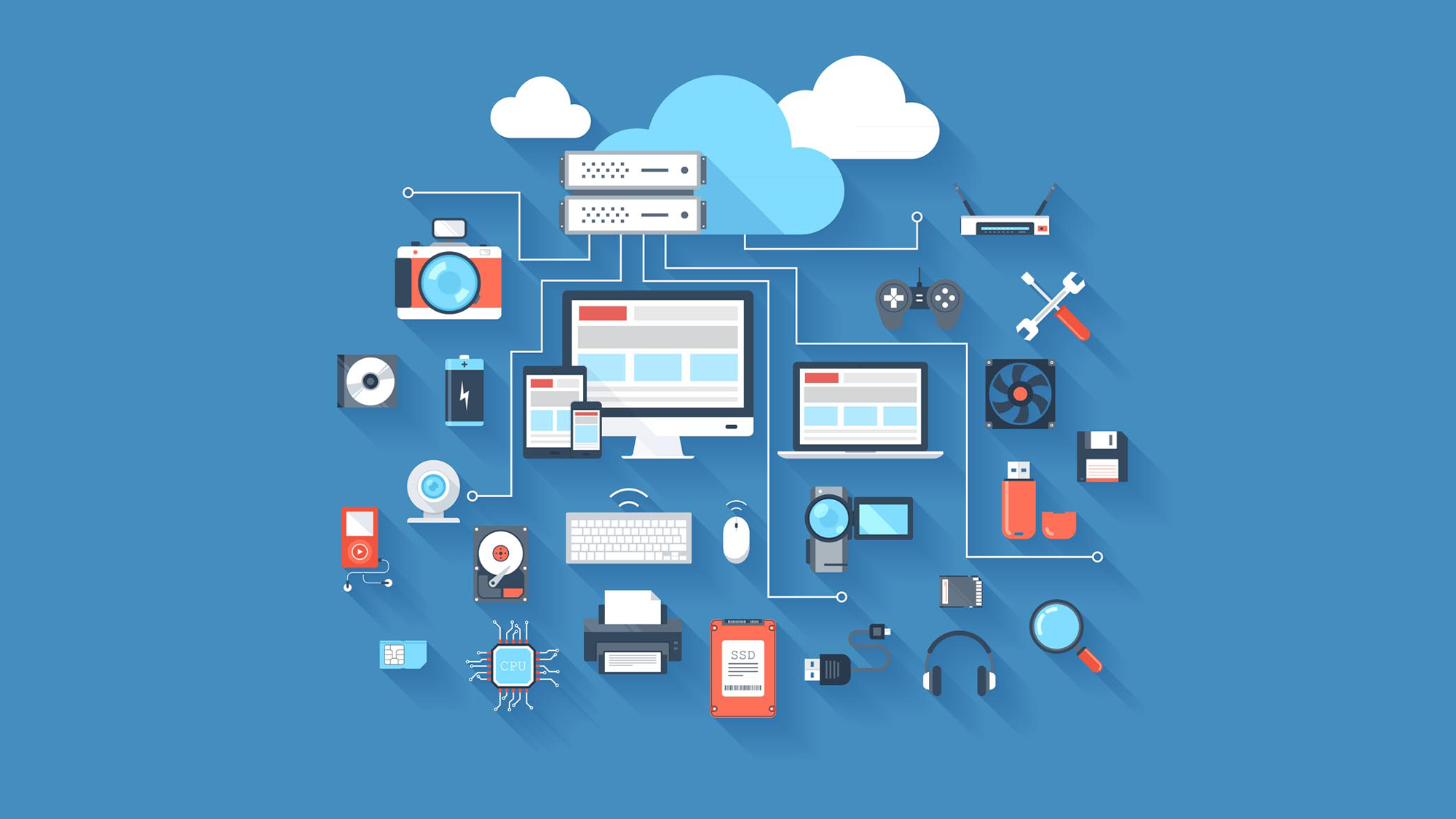Digital marketing involves many areas but simply it describes marketing efforts that use an electronic device or the internet. This can be platforms or solutions such as search engines, social media, email, and websites to connect with new and prospective customers.
With how accessible it is to be online or access the internet, would you believe that statistics show the number who go online every day is still increasing? According to Pew Research the adult usage increased by 5% in just the last three years.
SO what does this mean? Firstly more traditional styles of marketing are not as effective as they once were and your Digital Marketing Proposition needs to be on point, relevant and most importantly, updated. You need to be marketing where your customers are…online.

How does your Digital Marketing measure up?
Do you have a website? Is it up to date? Is it secure? What Social Media platforms do you use? What content do you post?
These are just a few questions but there is more to being online than just having a pretty website or having Social media accounts. There really is so much more to it.
Let’s take a website. There are so many companies that have a website but they don’t invest in it, they invest in so many other areas but this online shop front, if you will, the best sales person you could have. The one that works 24 hours a day doesn’t need breaks, holidays, it doesn’t have bad days or any other issues that come with employed staff. Why wouldn’t you invest? Why wouldn’t you focus on it looking the best, keeping it up to date?
Ok, we get it there’s more to it – now what? We have created a list to give you a quick run down and show you some of the things that you need to be thinking about to make your Digital presence the best it can be.
Search Engine Optimization (SEO)
The process of optimising your website to “rank” higher in search engine results pages. Page one of Google being the goal. This, therefore, increases the amount of organic (or free) traffic to the business website.
SEO benefits and is included with the following. SEO is a minefield but if yout start simple thats better than nothing at all, right?:
- -Websites
- -Blogs
- -Infographics
Content Marketing
Content Marketing is the new buzz word in marketing, it is used to describe the creation of ‘content’ for the purpose of generating awareness, traffic, lead generation, and (of course) customers. Content Marketing is a great way to achieve unpaid advertising in the form of sharing as well as assisting when it comes to SEO.
Many achieve content marketing using the following:
- -Blog posts
- -Ebooks/Whitepapers
- -Infographics
- -Online brochures
- -Video
- -Images
- -How-to’s
- –So much more…
Want to learn and apply content marketing to your business? Check out HubSpot Academy’s free content marketing training resource page.
Social Media Marketing
We know know what Social Media is. Different platforms that all serve different purposes and can hit different demographics. With more and more people on Social Media (and using it), you should definitely have accounts for your business. The key is managing this well and creating the right balance. Customers don’t want to be constantly sold to, they want to see personality and to learn things. It’s not one size fits all, you really need to understand how to use these to your advantage. Social Media is a direct line to your customers and shouldn’t be underestimated.
- -Snapchat
- -YouTube
- –There are so many other platforms but these are the main ones
Pay-Per-Click (PPC)
PPC is a method of driving traffic to your website by paying for every time your ad is clicked. Google AdWords is the main one you will come across, this platform allows you to pay for the top levels on Google’s search engine results pages. You will recognise these as they usually mention AD next to them.
Other forms of PPC:
- -Paid ads on Facebook
- -Promoted Tweets on Twitter
- -Instagram Ad’s
- -Sponsored Messages on LinkedIn
- -Snap Chat Video Ad’s
Affiliate Marketing
This is where you would pay commission for other companies or individuals promoting your products or services. This works both ways around. The most common Affiliate programs include:
- -Video ads through the YouTube Partner Program
- -Posting affiliate links from your social media accounts
- -Most larger companies have an affiliate program Amazon and Ticketmaster are good examples
Marketing Automation
Marketing automation is one of our faves. This is where you utilise software to ‘automate’ your basic marketing. You can plan ahead and ensure that certain tasks run so you don’t have to think about it:
- -Email newsletters
- -Social media scheduling
- -Contact list updating
- -Lead nurturing
- -Campaign tracking and reporting
Email Marketing
This has been around for a while and with the most recent GDPR changes, many worry about using this. Trust us there is still a place for email marketing. Sending out emails to communicate with your customers is great and some areas that you can use are as follows:
- -Blog subscription
- -Newsletters
- -Follow-up emails from downloads
- -Customer interaction
- -Promotions or Loyalty
- -Tips, Downloads, Freebies or other series emails
Online PR
Online PR is getting ‘earned’ online coverage with digital publications, blogs, and other content-based websites. It’s basically like traditional PR, but online, makes sense!:
- -Reporter outreach via social media
- -Engaging online reviews of your company
- -Engaging comments on your personal website or blog
Inbound Marketing
Inbound marketing is used to describe the approach of attracting, engaging, and delighting customers using your online content. It is the product of your online marketing and the overall goal.

Does Digital Marketing Work for All Businesses?
Digital marketing works for any business, any industry. It doesn’t matter what your company does, digital marketing still plays a part. Not matter what the industry you can have a website, you can create content and offer value for your customers. Although we feel that all companies should have some degree of Digital Marketing, the same approach will not necessarily work the same for every business.
What Are the Benefits?
Digital marketing allows instance returns. With most people being online and with phones, laptops, TV’s or tablets you have a chance with getting in front of your customers quicker. The best part is that you can accurately see results, this is so much harder with just handing out a few flyers.
The other added benefit, and I suppose it is quite simple but it makes sense.
Creating great online content helps to give your customers the message that you know what you are talking about. It helps them to understand what they are buying and assists with the sales process.
Want more benefits? This one is overlooked but is another great one to remember. If you hand out 1000 flyers, the likeliness is that 1000 bins will enjoy giving them a new home. If you post a nice eBook or video of your office or just a Merry Christmas post – it stays online. That’s right it’s there forever (well almost). What does that mean? That video you posted yesterday can still be found next week, next month or potentially in ten years time. Well unless the robots take over….I digress. The point it it will keep paying you dividends over and over.
OK, I’m in I’m up for it. Now What?
If you’re already doing some online digital marketing, you most likely are hitting some of your customers or potential audience. I can guarantee you though that something could do with some improvement or perhaps a different approach.
This would be a great place to offer a great document or case study but we would rather just speak to you for a short informal chat and see how we can help. Get in contact and we can have a chat, the coffee is always on and biscuits are stocked. Come see us (we have Jammie Dodgers!!).




